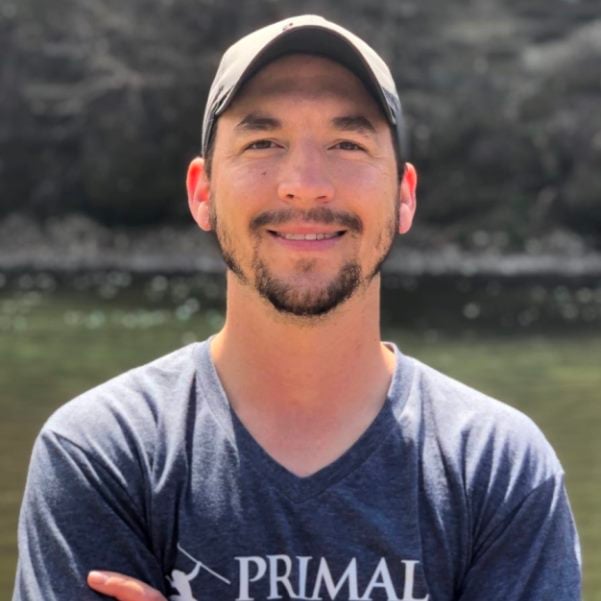Health Span vs Life Span: Living Well, Not Just Long
Posted by Chris Lewis on March 30, 2025
“Live long, drop dead” - Mark Sission.
Most people would call living to 100 a triumph—but what about the last 15-20 years of that journey? Research shows that in countries like ours, people over 70 spend an average of 9-10 years battling significant health issues—sometimes over a decade of life where vitality fades. The path to a century can vary wildly, and while nothing’s set in stone, we know certain habits can make or break how well you thrive along the way. Most health experts agree that ultra processed foods and sedentary living are not the cornerstones of longevity. Sure, there’s the rare 100-year-old smoking cigars and sipping bourbon regularly, but for the rest of us, we should probably not bank on this.
We spend decades working long hours, building a nest egg for our ‘golden years’—but those years might not be so great if we’re not making steady investments in our health like we do our 403(b)s/401(k)s. In finance, there’s a lot of talk about the power of compound interest; start early, add steadily, and watch small efforts grow big over time. The same is true for fitness. A little movement today—say, a brisk walk or a weights session at RAC—compounds into strength, energy, and resilience years down the line, shrinking that 9-10-year gap of fading vitality. In the same way occasional contributions to your retirement account won’t bring you a great financial reward, nor will occasional efforts to your fitness bring you great health.
Building Your Health Span at the RAC: Step 1 - The Power of Walking
What if the simplest move could be your strongest ally for a long, vibrant life? In Mark Sission’s latest book titled “Born to Walk” couldn’t make it any clearer. It’s not about chasing marathons or grinding through pain—it’s about steady, everyday steps that build a foundation for health span. Research backs this up: walking just 30 minutes a day can cut heart disease risk by 19%, boost brain function, and keep joints limber without the wear of high-impact routines. Unlike sedentary habits that dim vitality, walking compounds over time—think of it as interest accruing on your 403(b), but for your body.
One way to take more steps during your day is to consider taking a lap around the track in between weightlifting sets, a strategy I personally use. Walking is low-stress, accessible, and primes you for more—like strength or cardio—without burnout. It’s how humans thrived for millennia: moving often, not overdoing it. Pair it with a class like Base Camp, and you’re stacking small wins into big gains.
Building Your Health Span at the RAC: Step 2 - Build and Maintain Muscle
Walking lays the groundwork, adding muscle is how you fortify your health span. Muscle isn’t just power; it’s protection. Studies show it boosts metabolism, steadies blood sugar, and keeps bones dense—cutting that 9-10-year vitality dip we’re dodging. Lift heavy things, build resilience. With all the available free-weight areas, weightlifting at the RAC has never been more accessible. Consider Base Camp for guided strength that fits your level. No marathon grinds here; short, intense bursts build muscle that lasts. Think of it as compounding your health investment: more muscle now means more years of lifting grandkids, not groceries from a chair.
Final Thoughts:
It’s cliché, but starting small really is the key to all of this. I often hear about people comparing themselves to a different version of themselves, “I used to”, etc. Comparison is a trap—especially to your younger self. Start with where you are today. Consider writing down what you want to achieve, again, cliché, but the number of times I’ve heard people accomplishing what they write down is overwhelming. Avoid setting goals that are about not doing the “bad thing”. Humans do better when chasing something, rather than avoiding something.

Chris Lewis
Chris Lewis is a National Board-Certified Health and Wellness Coach (NBC-HWC) educated from Primal Health Coach Institute as a “Master Primal Health Coach”. He leverages ancestral principles to help people gain energy, lose excess body fat, and help them feel better than they imagined possible. Chris does this in a way that is easily understood, applicable to their life, and at a pace with which they are comfortable He helps people implement good overall lifestyle habits like exercise, eating well, sleeping well, etc. Chris helps clients identify their wellness goals and then assists them in implementing small actionable steps that get them where they want to be.
Contact Chris Lewis



